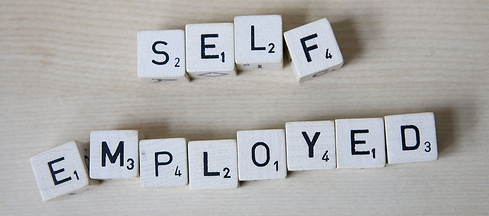A Business-for-self mortgage is designed for people who are self-employed. If you own a business whether incorporated, limited, or sole proprietor, are an independent contractor, or you earn most of your income from sales commission there are mortgage options out there for you.
There are different mortgage options available for self-employed individuals. The down payment requirement from a borrower may range from 5% up to 35% of the purchase price.
If you are self-employed and can verify income (i.e. two years of Notice of Assessments) then you can qualify like a regular borrower, with as little as a 5% down payment. If you are self-employed and cannot verify income using traditional income documents (i.e. two years Notice of Assessments) and have less than 3 years business operation, you may require at least a 10% down payment.
If you are self-employed and unable to prove with traditional documents the income required, a down payment of as much as 35% may be required. The amount of down payment required will be based on what income can be proven and with documents we are using to prove. For these borrowers, some lenders offer a program called ‘stated income’.
Stated income is the amount of income the borrower says they earn. Due to recent regulatory changes, lenders are required to verify the reasonableness of the stated income. Some supporting documents that can be used to help verify the reasonableness of the stated income would be tax documents like T1-Generals (must be prepared by an accountant) and Notice of Assessments, and business documents like financial statements, contracts, invoices, and bank records.
These types of mortgage applications are lot more complex and an understanding of both the business, specifically where the money comes from, and how you pay yourself are required. For example, if you state that you earn $150,000, but your notice of assessment indicates an annual income of $24,000. If we can show business financials of $450,000 in revenue and business expenses of $100,000, with retained earnings of around $300,000 each year, it would be very reasonable that you could pay yourself $150,000 if you needed to too make the mortgage payments. On the other hand, $150,000 would not be reasonable if the business could only prove revenue of $50,000.
Also, depending on how much the down payment is, we could work with a lender that would allow for higher debt ratios (i.e. GDS and TDS).
It really comes down to the risk being presented, and the steps taken to mitigate that risk. This comes from the lenders understanding of the business and their acceptance of the borrower’s ability to service the debt that they are asking to take on.
For more information on obtaining a mortgage when you are self-employed, check out my website.



Leave A Comment